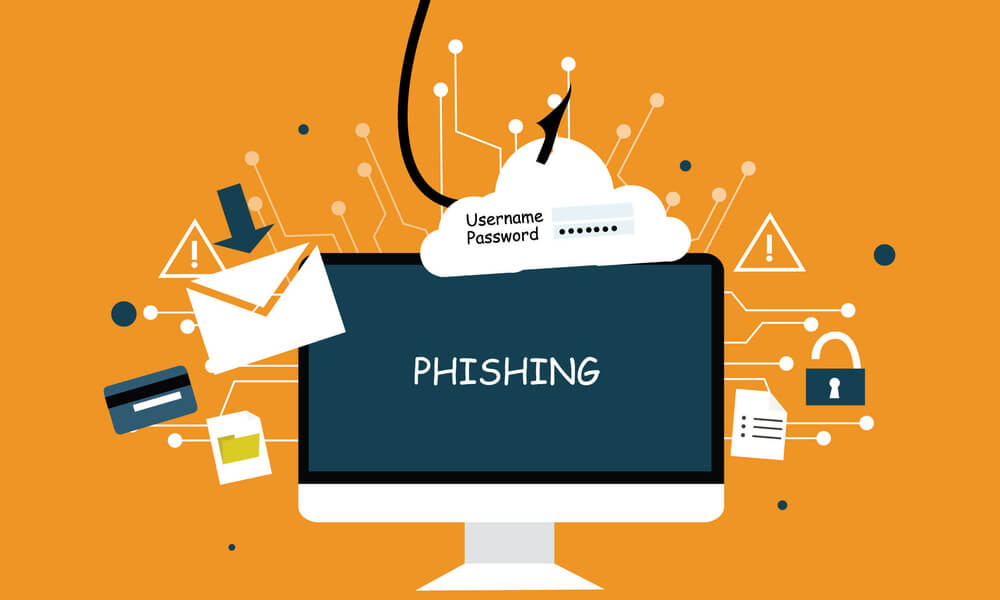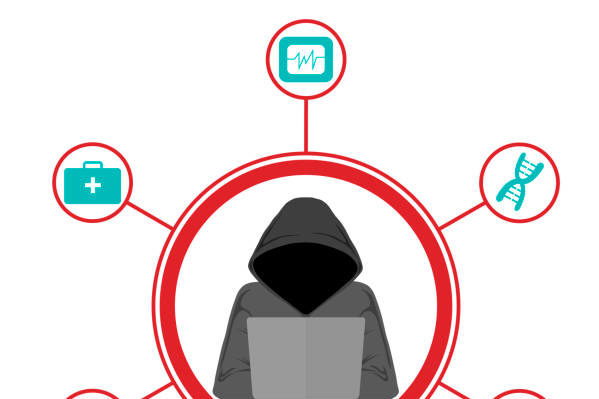Navigating the aftermath of an accident in Birmingham can be a daunting journey, fraught with legal complexities and the challenge of dealing with insurance companies. This path, however, can be made significantly smoother with the assistance of a dedicated personal injury attorney in Birmingham. Such legal professionals not only bring their expertise to the forefront of your case but also stand as staunch advocates for your right to fair compensation. This article explores the indispensable impact a personal injury attorney can have on your claim, providing you with the guidance needed to secure a favorable outcome.
The Expertise of a Personal Injury Attorney in Birmingham
The Knowledge and Skills They Offer
Birmingham personal injury attorneys help victims of negligence seek compensation. They offer specialized knowledge and experience to guide clients through the legal process. Contact an attorney today for help. Their realm of expertise extends across various types of accidents, including but not limited to vehicular mishaps, workplace incidents, and public space falls. These attorneys are well-versed in the intricacies of both the legal and insurance sectors, ensuring their clients are not left at a disadvantage.
Advocacy and Diligent Representation
-
Comprehensive Legal Support: Upon engaging their services, a personal injury attorney acts as your unwavering advocate, taking over the complex task of dealing with insurance companies and other entities involved in your case.
-
Skillful Negotiation: Armed with negotiation skills honed through years of experience, they strive to secure settlements that truly reflect the gravity of your injuries, encompassing future medical needs and potential income losses.
-
Assertive Courtroom Presence: If negotiations fail, your attorney can take your case to court with solid evidence and persuasive arguments.
The Tangible Benefits of Engaging a Personal Injury Attorney in Birmingham
Hiring a personal injury lawyer improves claim outcome. Here’s a closer look at the advantages:
Maximizing Your Financial Recovery
-
Thorough Claim Assessment: An adept attorney meticulously evaluates every facet of your claim to ensure no aspect is overlooked, from immediate medical expenses to long-term financial impacts.
-
Circumventing Insurance Tactics: Insurance entities often seek to minimize payout amounts. A seasoned personal injury attorney is familiar with these strategies and adept at countering them to protect your interests.
Offering Support and Minimizing Stress
-
Efficient Management of Legal Requirements: The legal journey involves numerous documents and deadlines. Your attorney manages these logistical aspects, freeing you to concentrate on your recovery.
-
Providing Reassurance: The support of a knowledgeable attorney can be incredibly reassuring, offering clarity and guidance through a complex and often stressful process.
Selecting the Ideal Personal Injury Attorney in Birmingham
Key Considerations
-
Proven Track Record: Focus on finding an attorney with a strong history in personal injury law, particularly with cases similar to yours.
-
Client Feedback: Reviews and testimonials from previous clients can provide valuable insights into an attorney’s effectiveness and approach to client service.
-
Effective Communication: Ensure your attorney is approachable and committed to keeping you informed throughout the duration of your case.
Essential Questions to Pose
-
Experience-Related Inquiries: Query about their specific experience with personal injury claims in Birmingham, including the success rate of their past cases.
-
Strategic Approach: Discuss their planned strategy for your case and how they intend to pursue the maximum compensation on your behalf.
-
Understanding of Fee Arrangements: Clarify their fee structure. Most personal injury attorneys operate on a contingency basis, meaning their payment hinges on the successful resolution of your case.
Final Thoughts: Navigating Your Claim with Expert Guidance
Embarking on the recovery path after an accident is undoubtedly challenging, but the journey can be less burdensome with the right legal ally by your side. A personal injury attorney in Birmingham doesn’t just enhance your chances of receiving the compensation you deserve; they also offer the peace of mind that comes from knowing your case is in capable hands. By carefully selecting an attorney who aligns with your needs, you can approach the legal process with confidence, secure in the knowledge that your recovery and future are being safeguarded by a professional committed to your best interests.
In essence, the role of a personal injury attorney in Birmingham goes beyond legal representation; it encompasses being a dedicated advocate for your rights and a strategic partner in securing your financial and personal recovery. With their guidance, the complex web of legal and insurance challenges becomes navigable, leading to a resolution that reflects the true value of your claim and facilitates a more seamless journey to recovery.

















